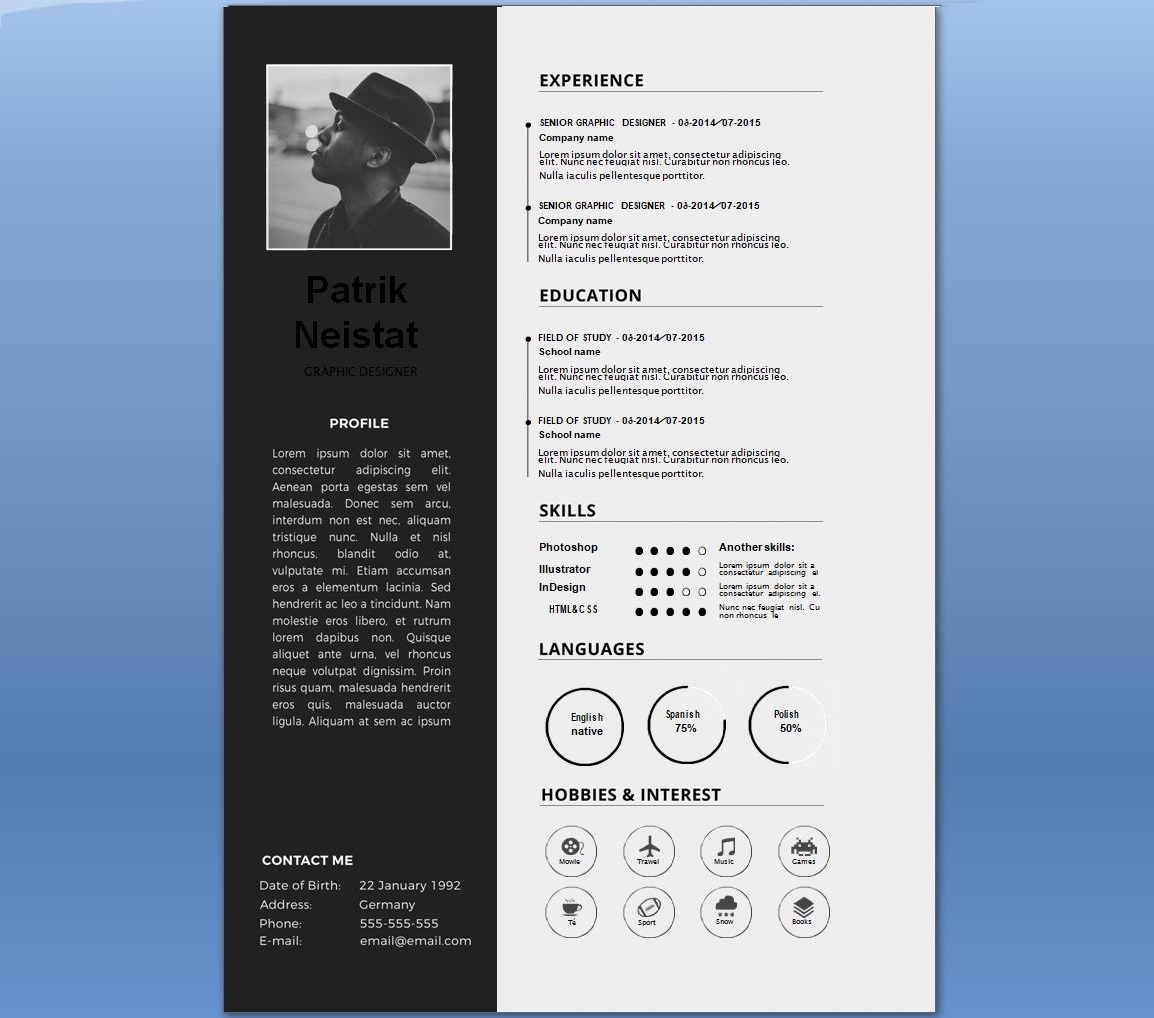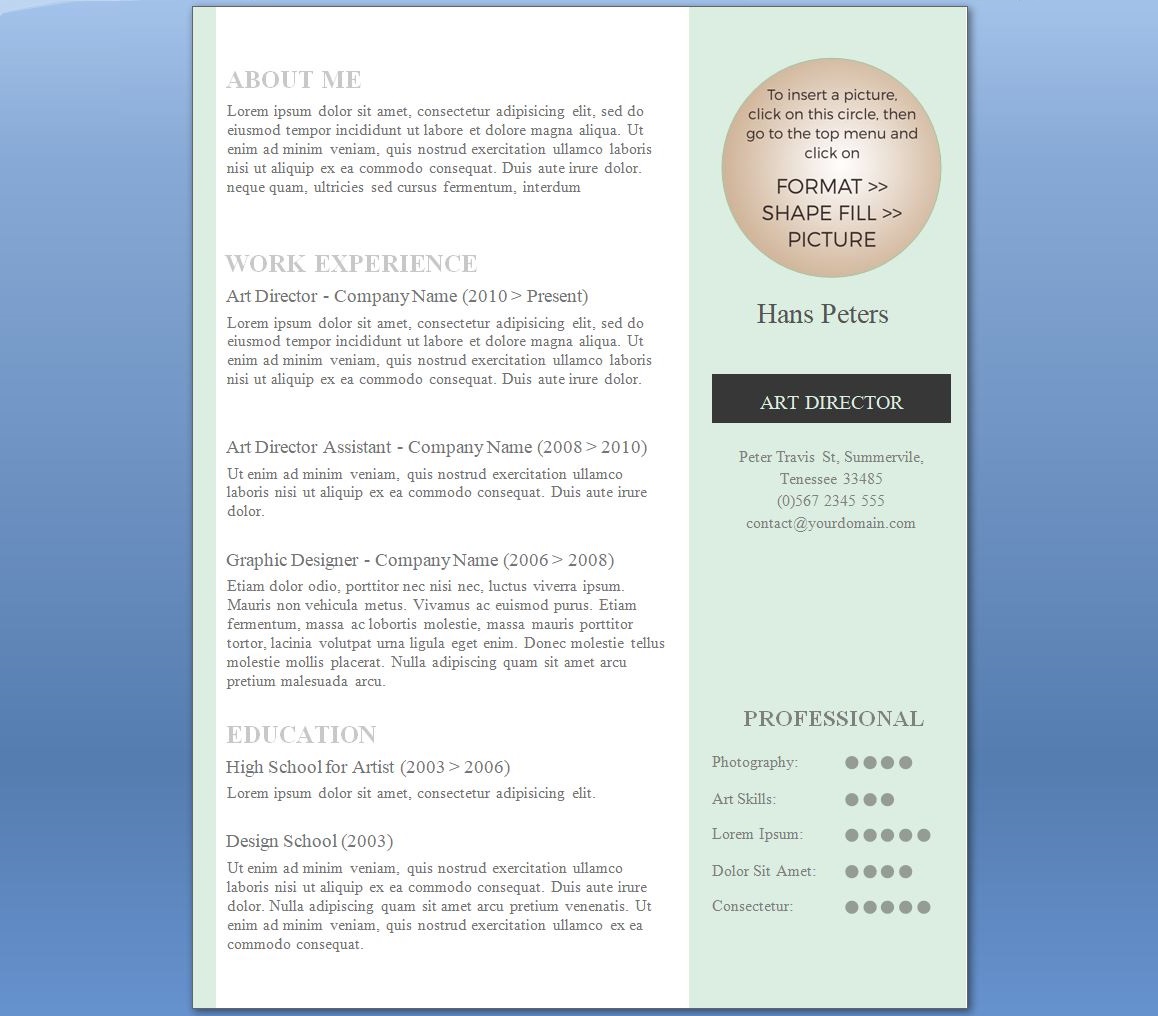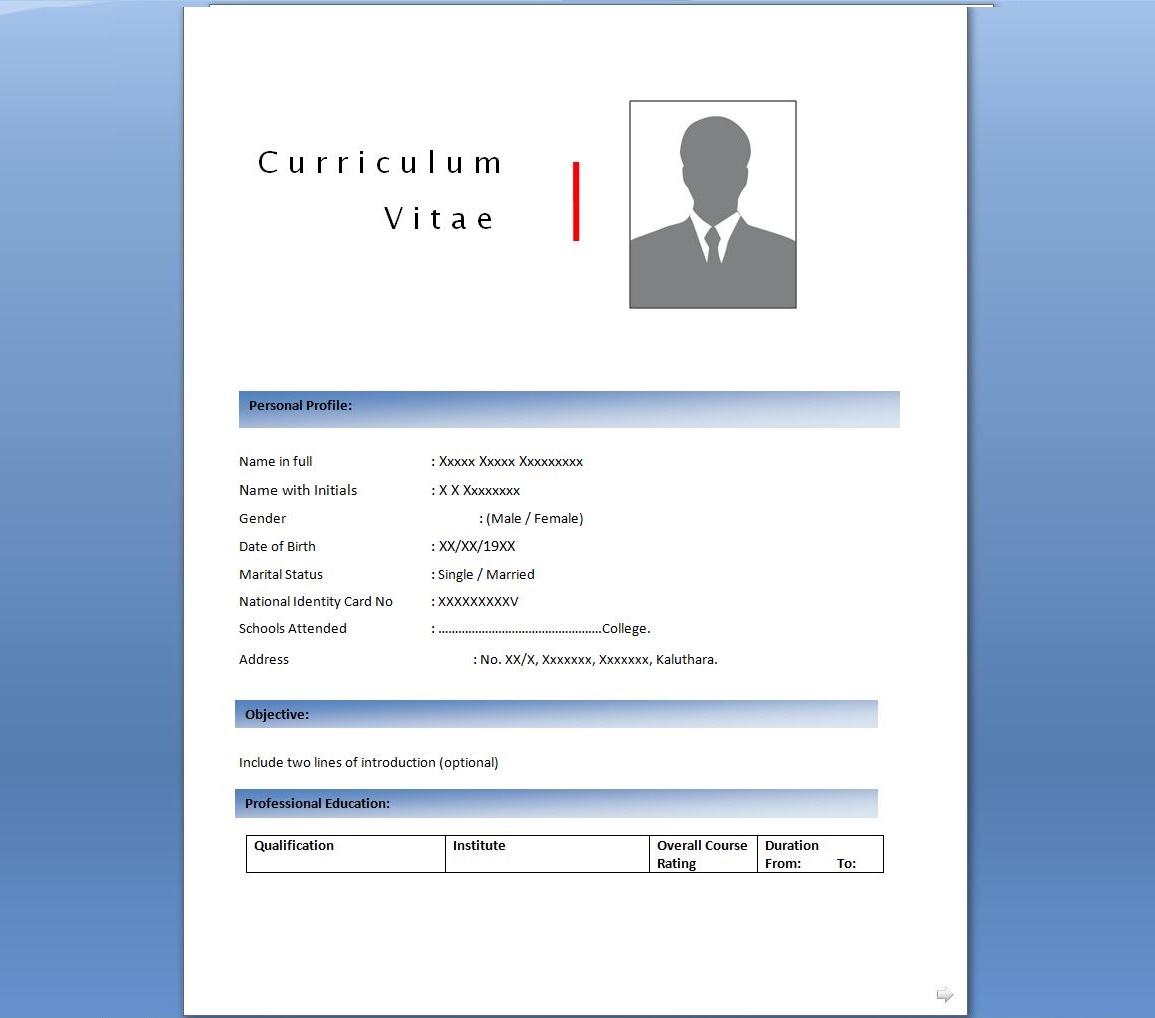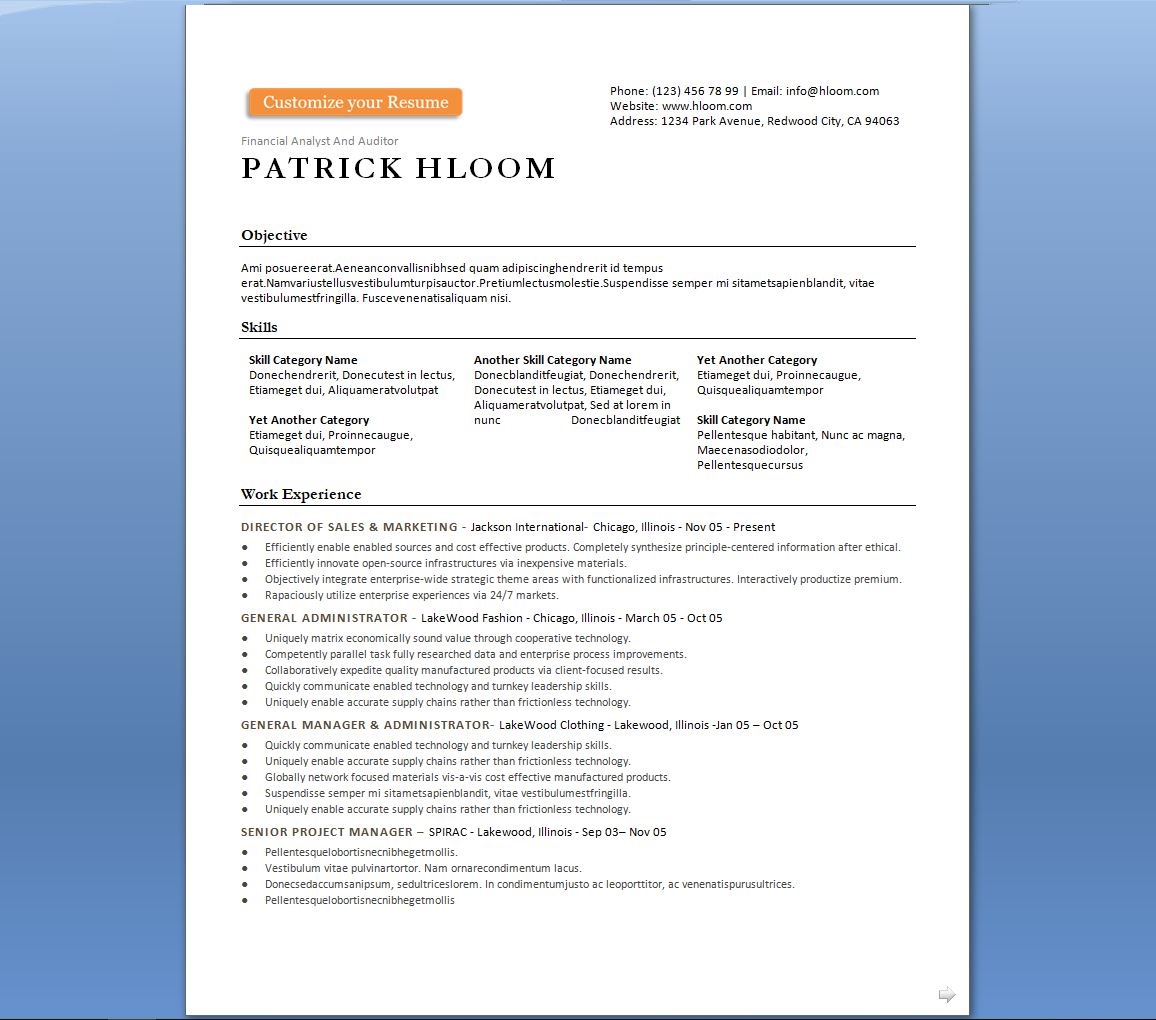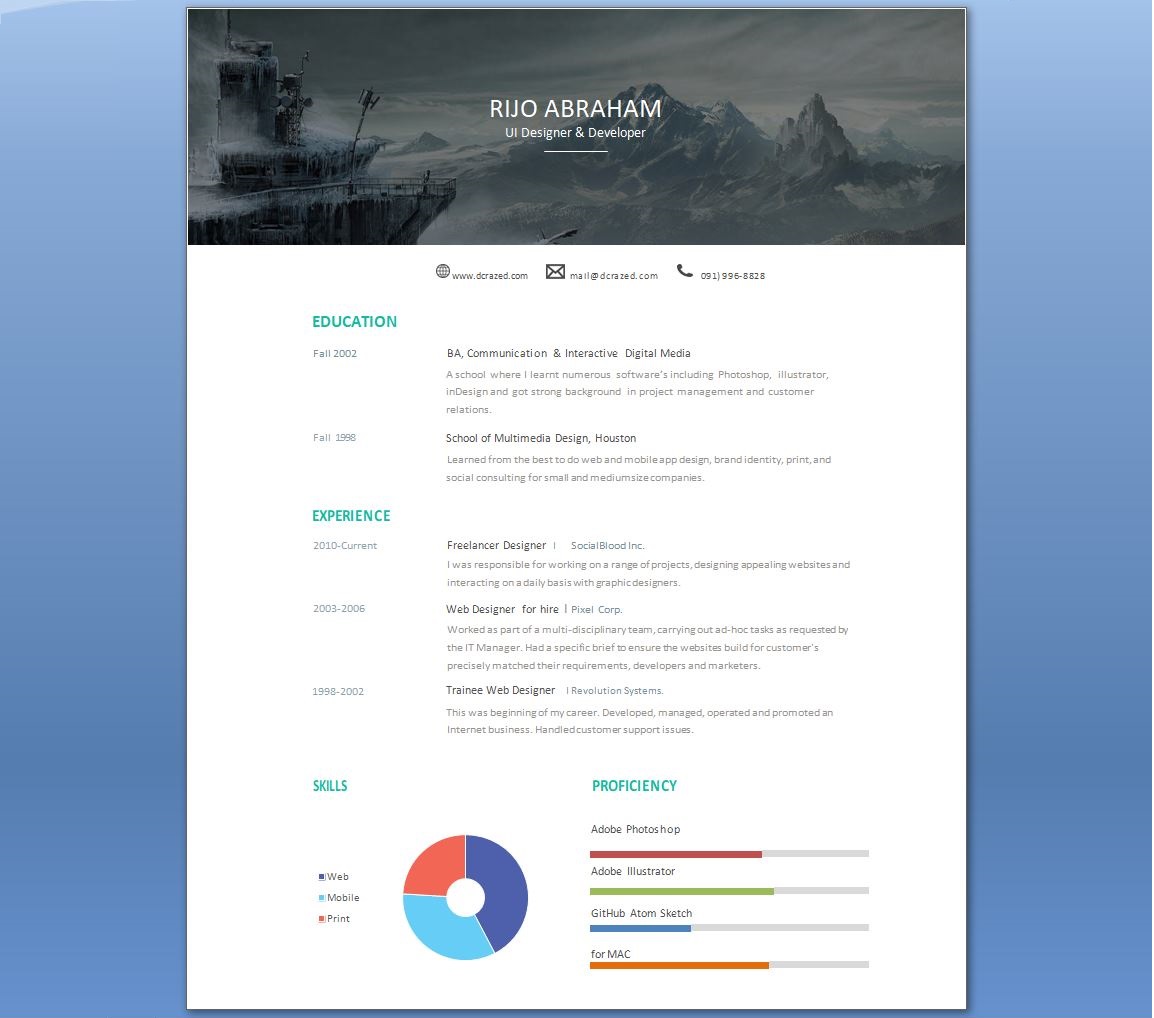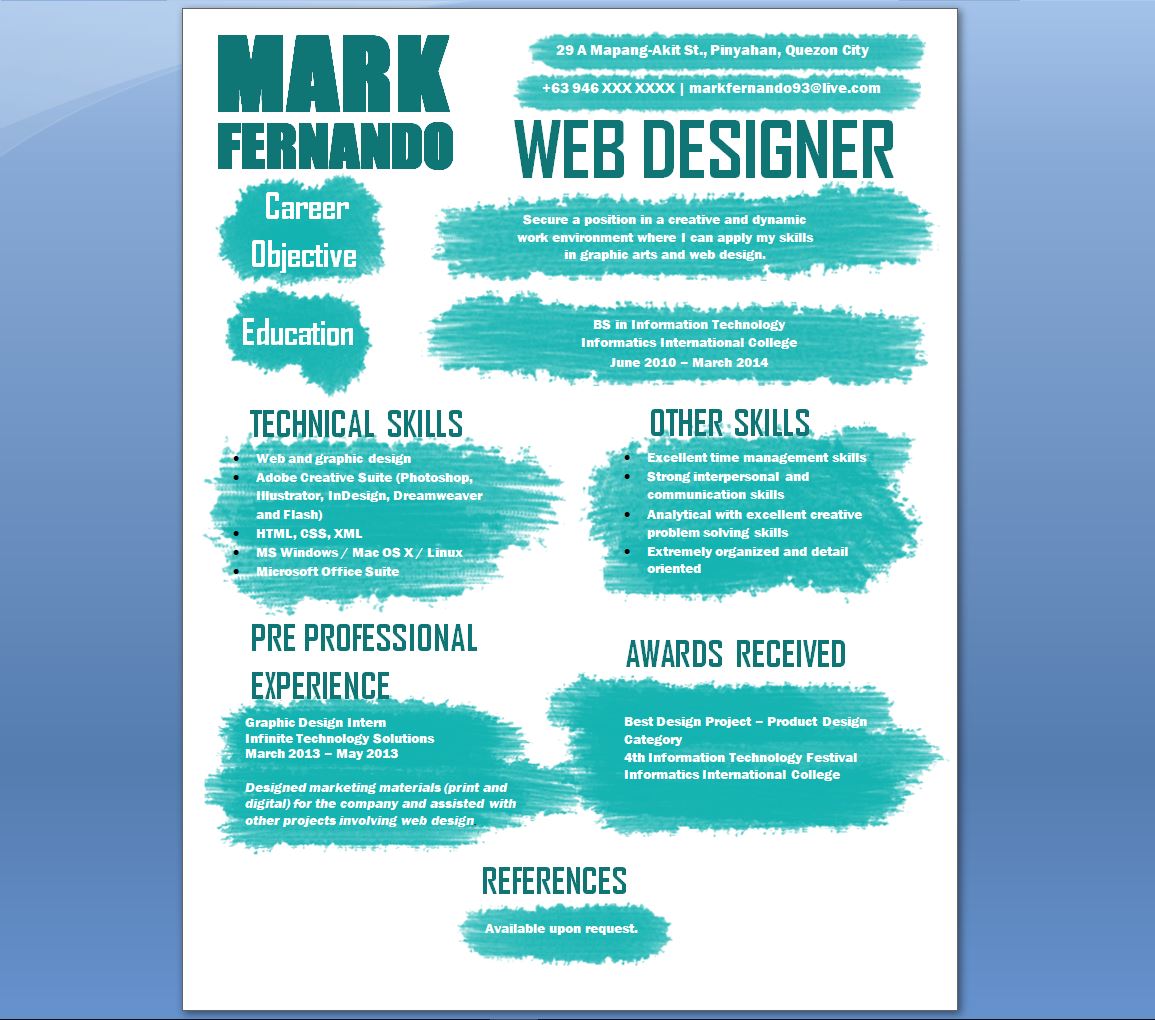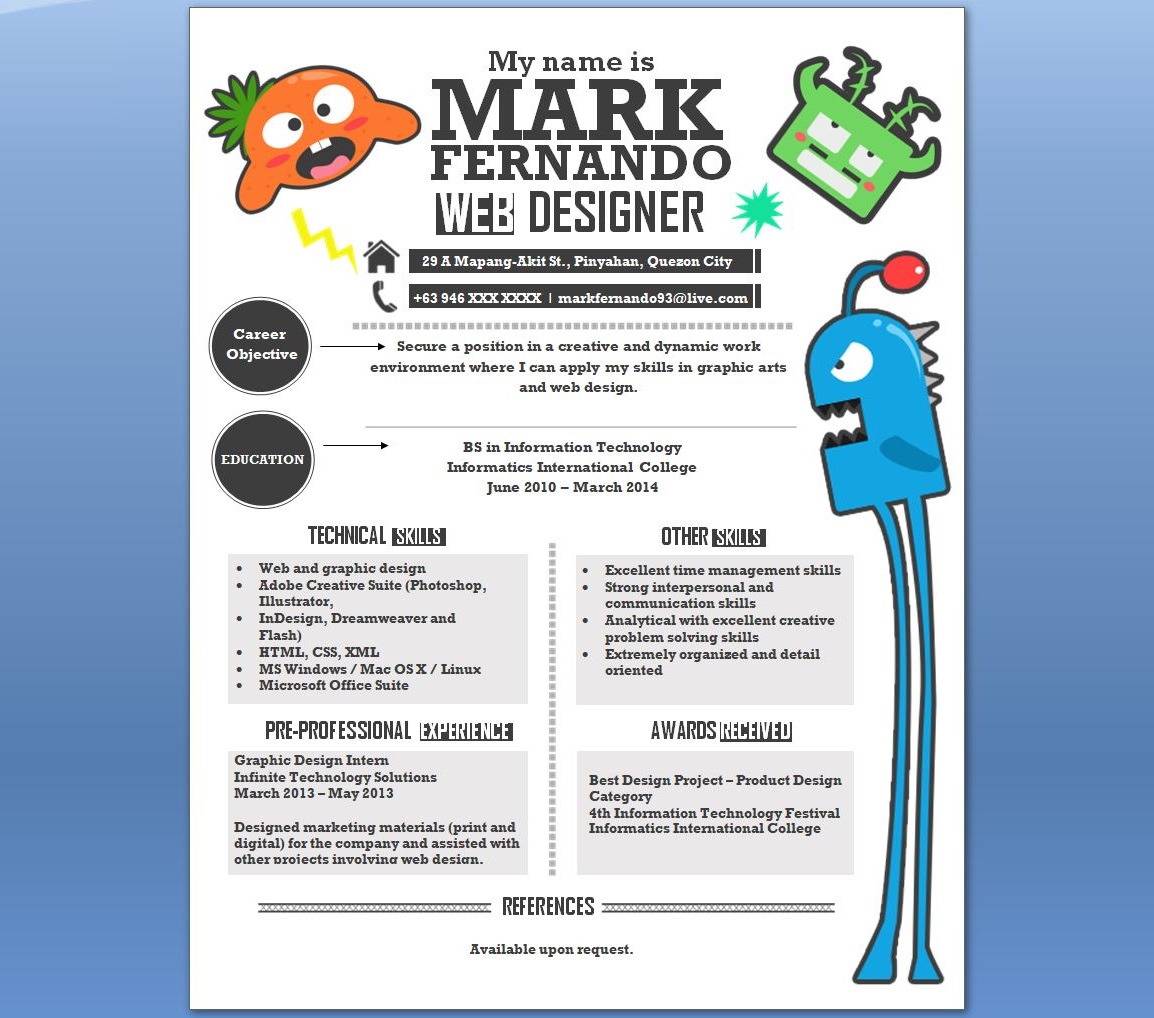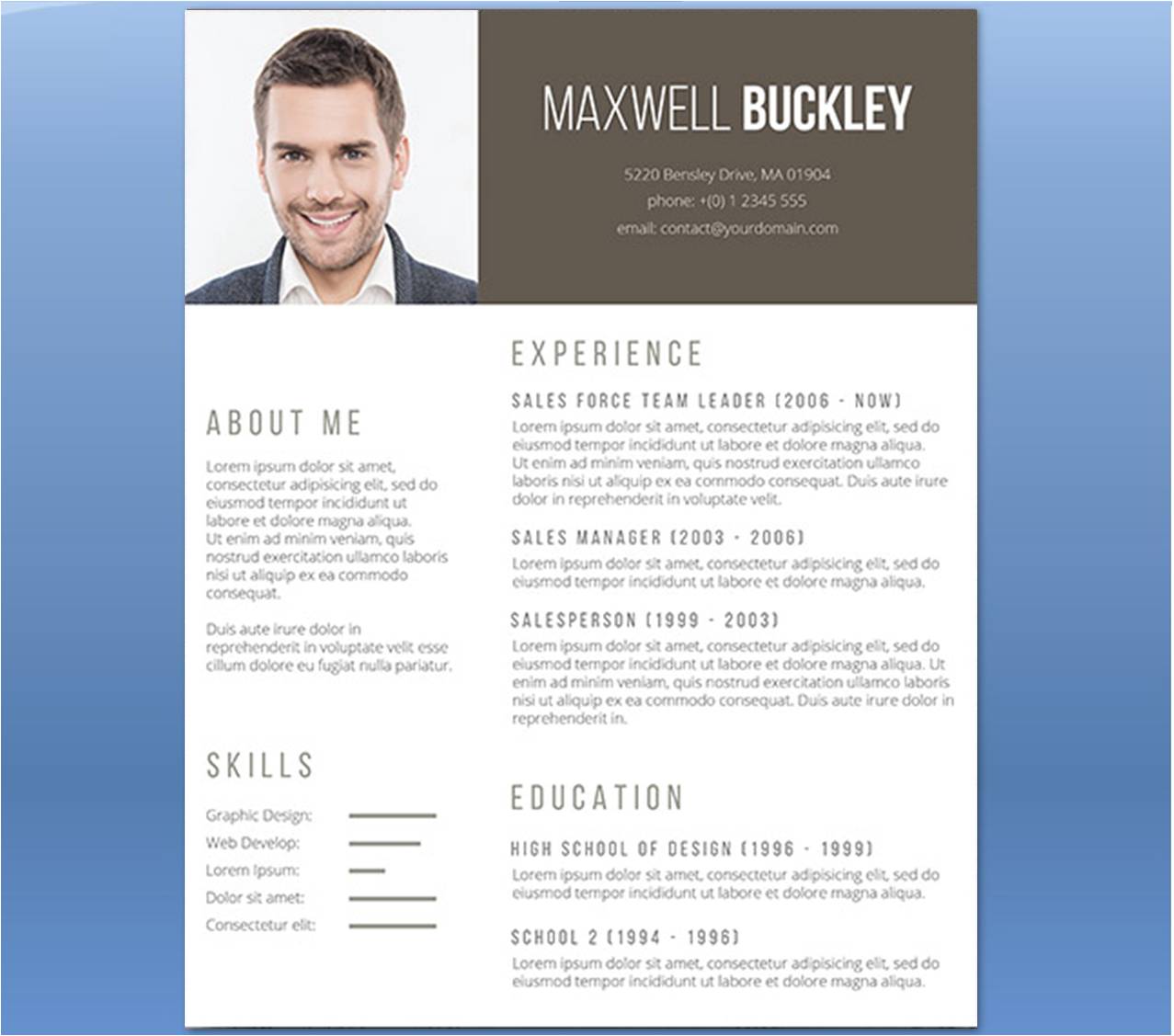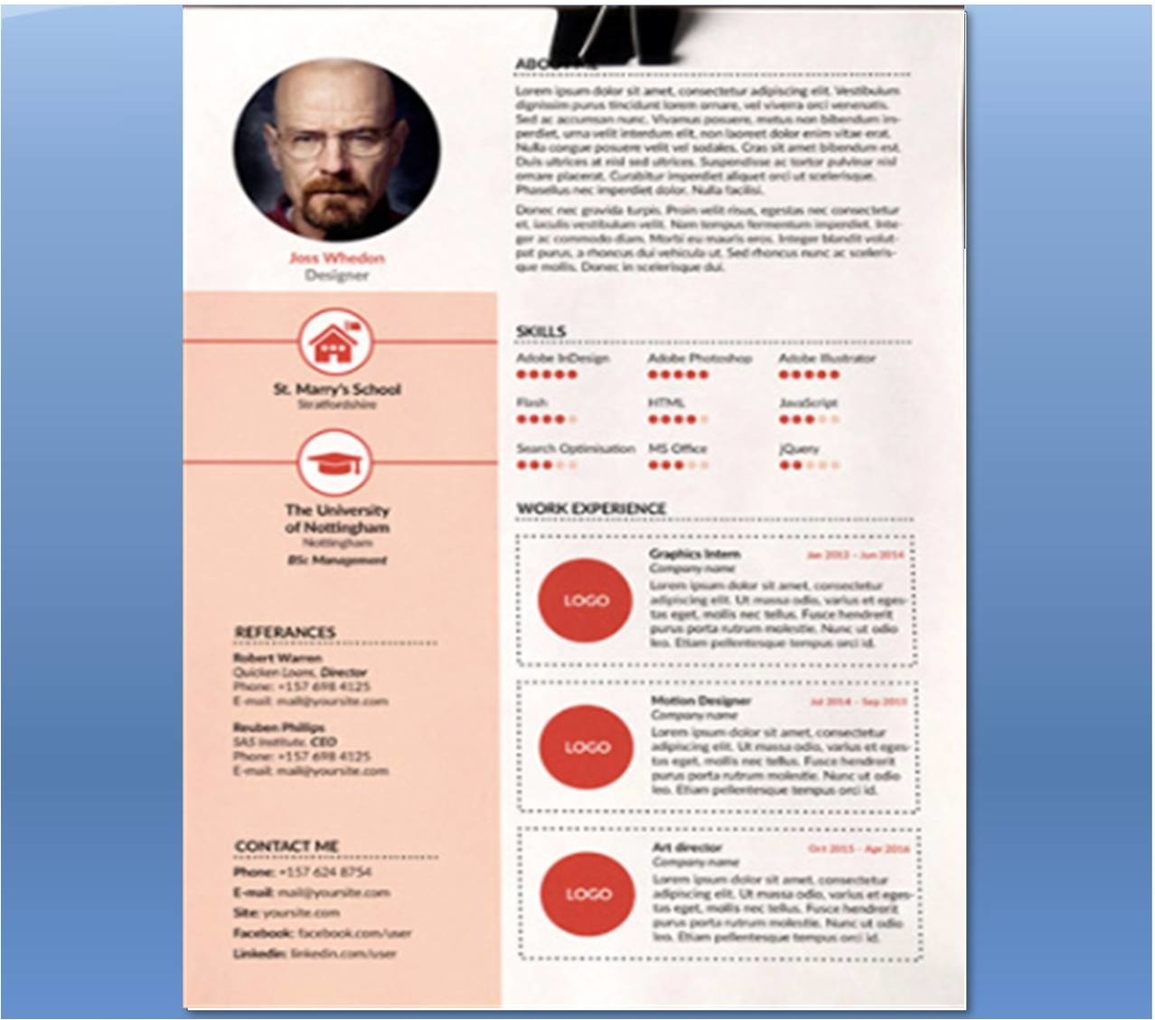 Congrats – you’ve got an interview! That means:
Congrats – you’ve got an interview! That means:
- The employer feels you are one of the best candidates for the position
- On paper it already looks like you can do the job
Now it’s time to prove it.
There are lots of ways to put your best foot forward with employers, but these four steps are must-do’s for any job interview.
-
Dress professionally
Your interview clothes don’t have to be expensive to make a great impression.
-
Arrive early
Be at least 10 minutes early to your job interview. If an unavoidable emergency does pop up or you get stuck in serious traffic, then call the interviewer to let them know you're going to be late. Showing up late without a phone call is a guaranteed way to lose out on a job.
-
Turn your phone off
Getting random calls and texts while you’re talking with a hiring manager are mistakes that can ruin your interview. And if it does ring, don’t even think
about answering your phone.
-
Ask thoughtful questions
If you’re well-qualified and present yourself professionally, nothing seals the deal like having a few great questions to ask during an interview; it shows the hiring manager you’ve really put thought into this job.
It's you who is going to face the interview. So more you prepare, chances are high to do better.
-
Print off your job application
And – just in case – print extras for the interviewer(s). You should take a copy of your application form, cover letter and CV as well as the original job ad so you can read over everything when travelling to the interview. Read and re-read it to make sure you’re confident. If possible, put them in a neat folder as this makes you look super-organised!
-
Research the company
Before your interview make sure you have looked at the company’s website. They may ask you what you know about the business and it helps to have an answer prepared. It’s impressive if you can show you’ve taken the time to learn more.
-
Practice your interview questions
Make sure you are confident answering typical interview questions. You can practice alone or with a friend (bribe them with a cup of tea!) and be ready for unexpected interview questions as they may throw you off balance.
Also,
Give yourself time to think about what unique qualities you will bring to the job/organisation
Think of practical examples to demonstrate what you have achieved and draw upon all aspects of your working, educational and social life
Write notes and take these along to the interview
Use cues in your notes to highlight examples that you want to draw upon, such as 'cricket team', 'course representative', 'sales job'
Be aware of the structure of the interview. Interviews often begin with topics that are easier to answer because you need less time to think, such as 'tell us about your studies at university'
Pause before answering a difficult question in order to give yourself time to think
Use positive language, as interviewers will be assessing your motivation and enthusiasm
Ask for clarification if, at first, you're unsure of what the question means
Most importantly, breathe.


 Congrats – you’ve got an interview! That means:
Congrats – you’ve got an interview! That means:
